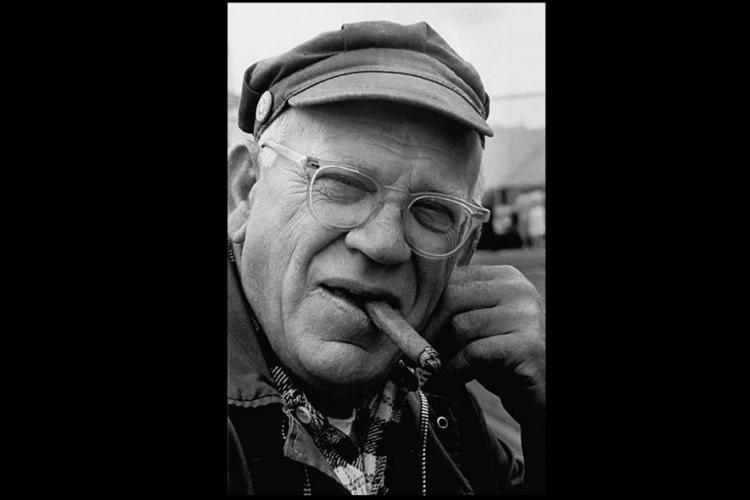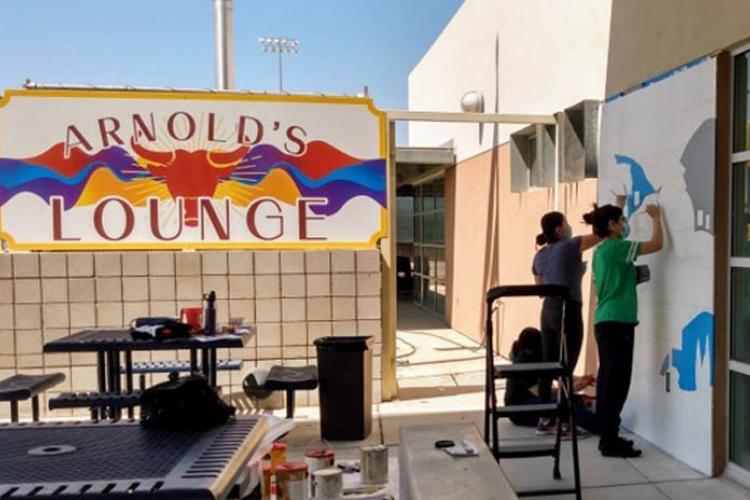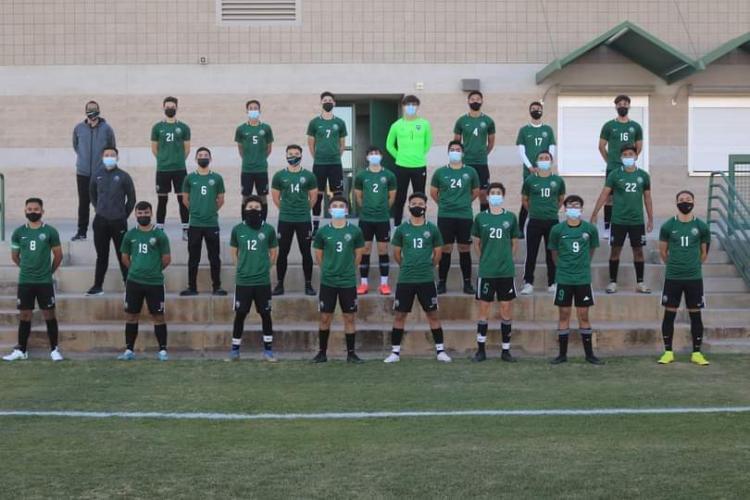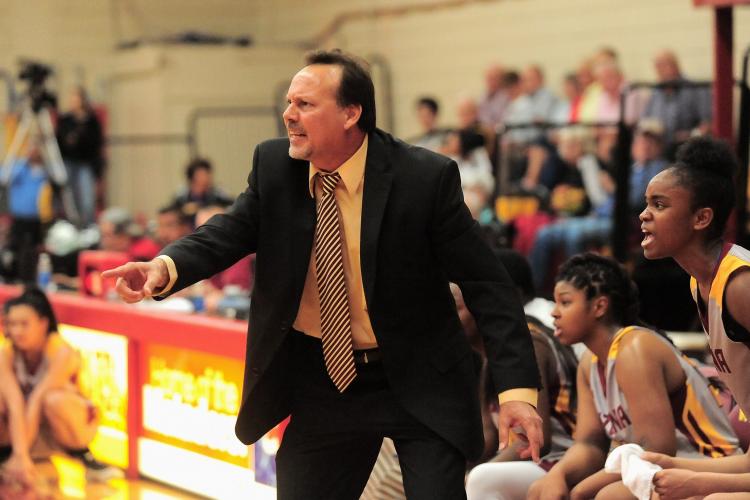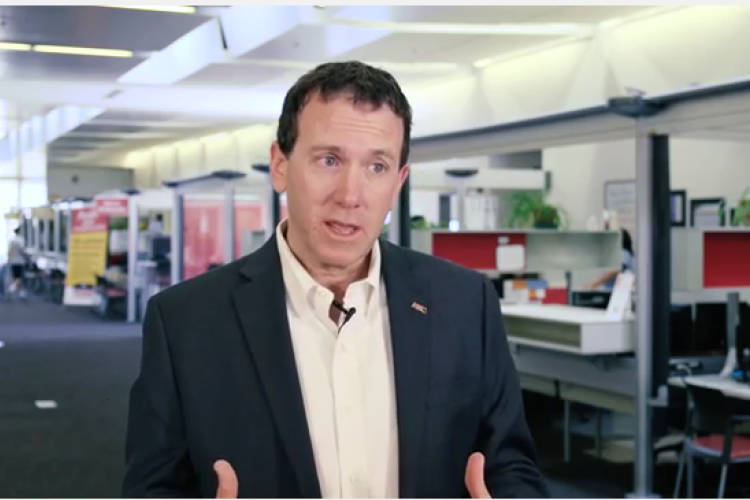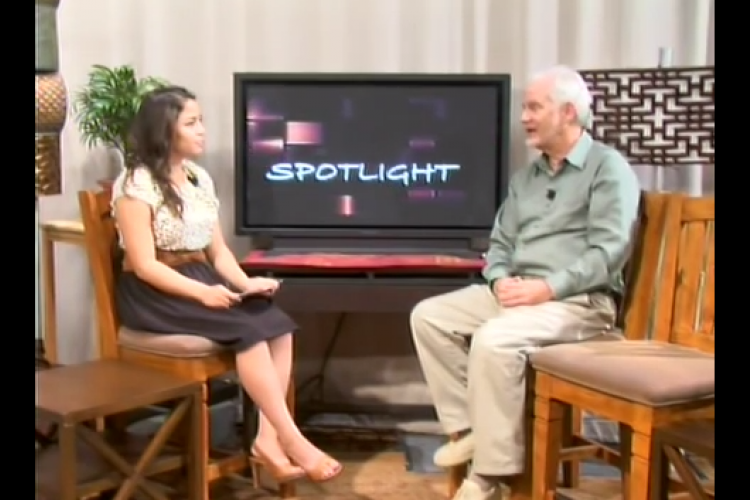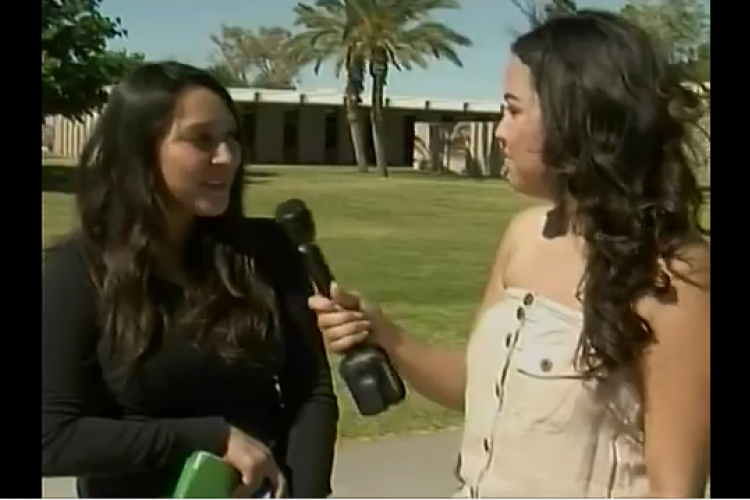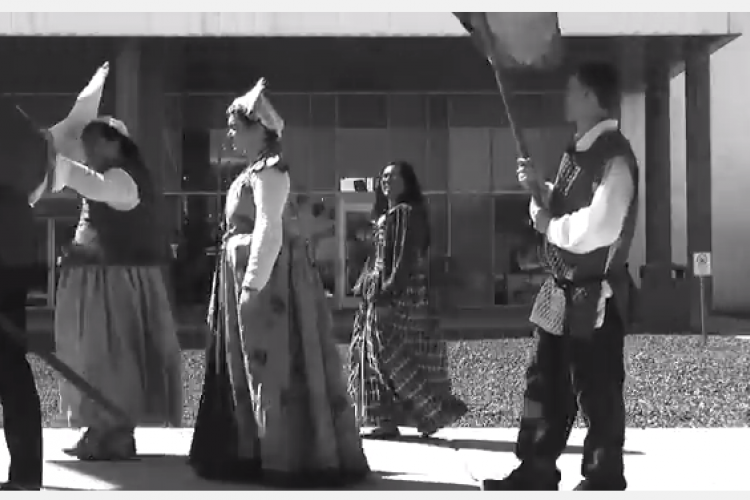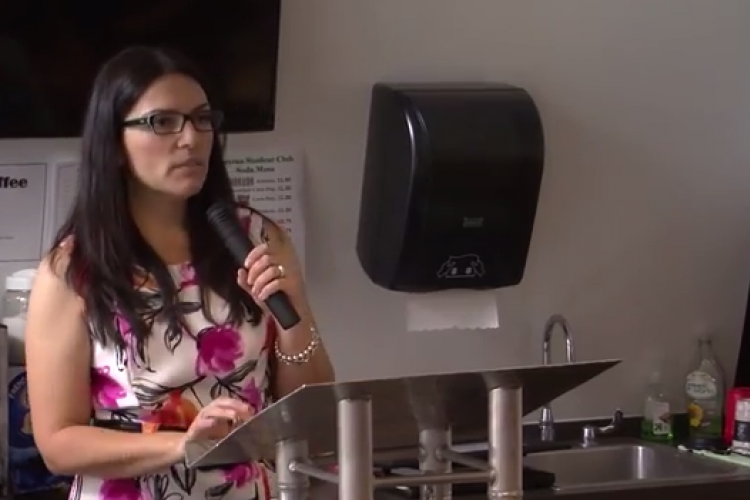
COVID-19 quarantine over the past eight months has felt like a never-ending loop of complications and struggles – for college students particularly. While we can all drag on about our personal tribulations with the pandemic, students in the medical field could say they have suffered the most.
From abrupt changes in clinical resources to students work experience being halted, things have been shaken up, as experienced first-hand by two Yuma natives, Rebekah Bracy and Arlene Gandara. Bracy, an NAU student, and Gandara, attending ASU, were in their last semesters of completing a Nursing degree and become RNs when the Coronavirus hit.
“It felt like I was about to cross the finish line, and suddenly a tornado appeared and destroyed everything,” Bracy said. “Then the switch to online learning was a challenge in itself.”
NAU and ASU began their remote-learning initiatives on March 20 when students returned from Spring Break. Learning how to be a nurse through zoom meetings was an added hurdle. It was announced that all remaining lectures and labs would be self-taught, leaving both women with no physical materials, in-person visuals or first-hand experience.
After graduation through virtual ceremonies for both schools, more challenges started to appear. Bracy and Gandara both moved back home to Yuma and have experienced their own separate hurdles with finding employment.
“I was expecting to find a job right away after moving home, but that has not been the case for me,” Gandara said.
Hospitals around the U.S. began furloughing nurses and other medical staff. The U.S. Bureau of Labor Statistics reported that an estimated 135,000 jobs were lost in April from hospitals alone. This was caused by the halting of elective surgeries and routine procedures in order to deal primarily with COVID-19 patients.
“When I saw all the news about nurses losing their jobs, I was terrified,” Bracy said.
Luckily for nursing majors everywhere, their chosen profession will always be in demand regardless of a pandemic. Becker’s Hospital Review reported that hospitals were able to avoid furloughs by adding almost 400,000 jobs in May alone, the main increase being temporary nursing positions with contracts ranging from 4 to 13 weeks.
While Bracy was able to find full-time employment fairly quickly with Yuma Regional Medical Center (YRMC), Gandara is still struggling to find a permanent position.
“I have applied numerous times trying to get a full-time RN position at YRMC and even ECRMC [El Centro Regional Medical Center] only to be offered a short contract, which has been discouraging,” Gandara said. “Having to constantly reapply and go through the process all over again and being out of work for that break in between has been very stressful.”
Many new nurses have turned to applying for traveling-nurse positions, moving from city to city to fill temporary positions in hospitals that need relief from the loss of permanent staff. This gives nurses who have been laid off an opportunity to find work even though it is not permanent.
While this whole situation can seem like a dramatic fictional tale, it’s been the reality for many recent graduates. This pandemic has ruined job markets and put an extra weight on the shoulders of college students around the world. With no signs of the pandemic dying down, this seems to be another addition to the adulting cycle that comes with graduating from college. A few have been lucky enough to find a silver lining, but many more have not.



